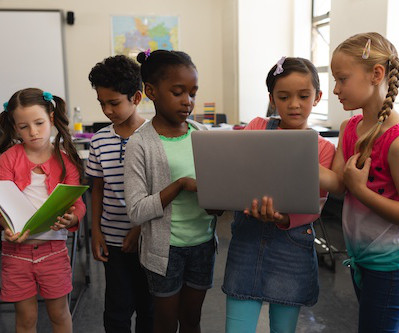Why math hints matter–and how AI can help
eSchool News
JUNE 26, 2025
Administrative or time-saving functions With students, during class activities or for homework I’m using AI equally for my own tasks and with students I’m not using AI Δ A fundamental principle of cognitive science is that knowledge builds on prior knowledge. This metacognitive awareness is an advantageous skill in and out of school.

















Let's personalize your content